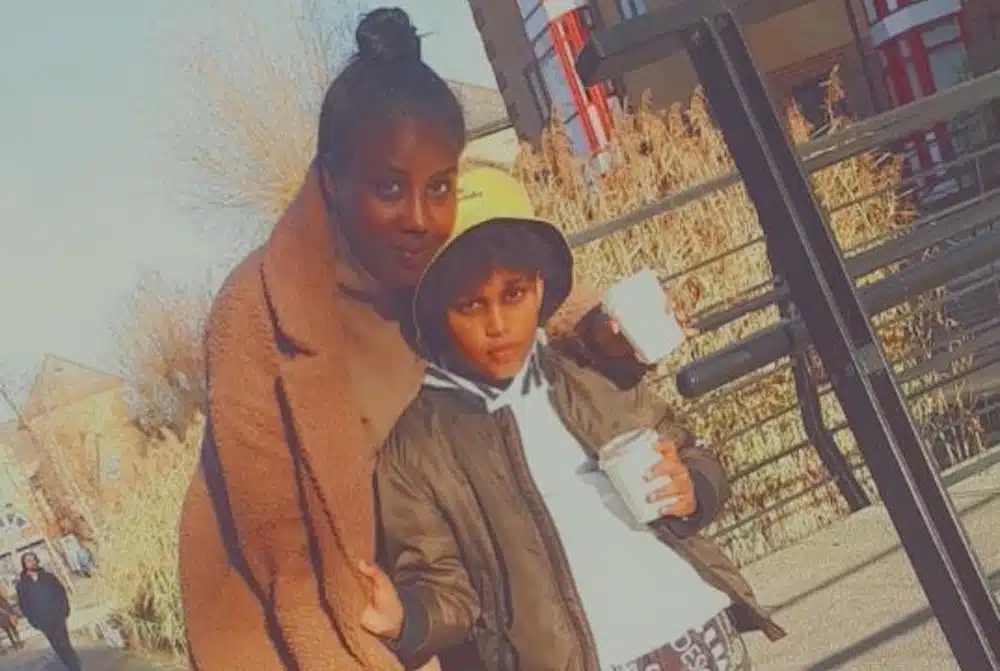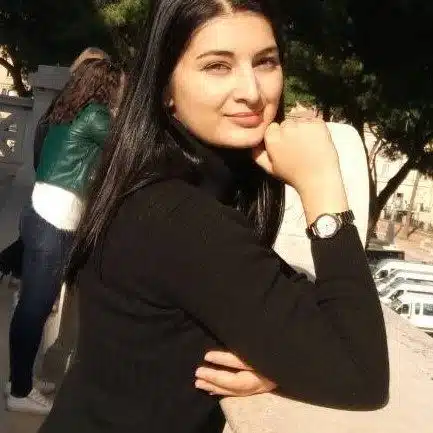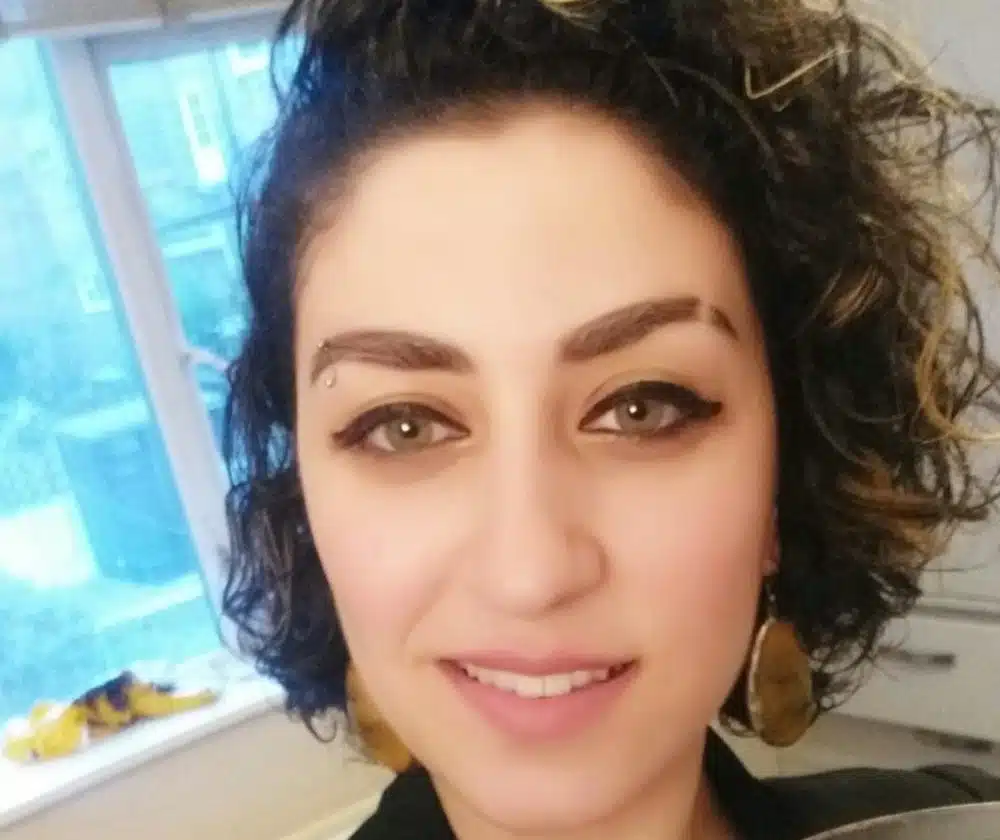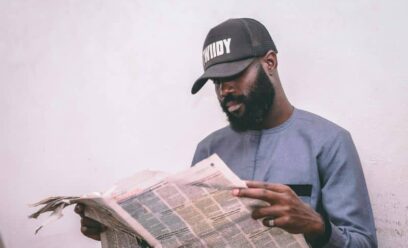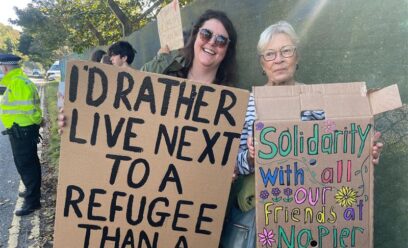International Women’s Day: 5 amazing women and their powerful stories
Posted by Katherine Maxwell-Rose on March 7, 2021The focus for International Women’s Day 2021 is on ‘Women in leadership’ so we wanted to take the opportunity to celebrate some of the incredible women leaders featured in our Human Journeys project.
Taban Shoresh
Taban escaped death under Saddam Hussein’s brutal regime, fleeing the bombs of war and seeking safety in the UK. She is the founder of The Lotus Project which supports women and girls displaced by conflict.
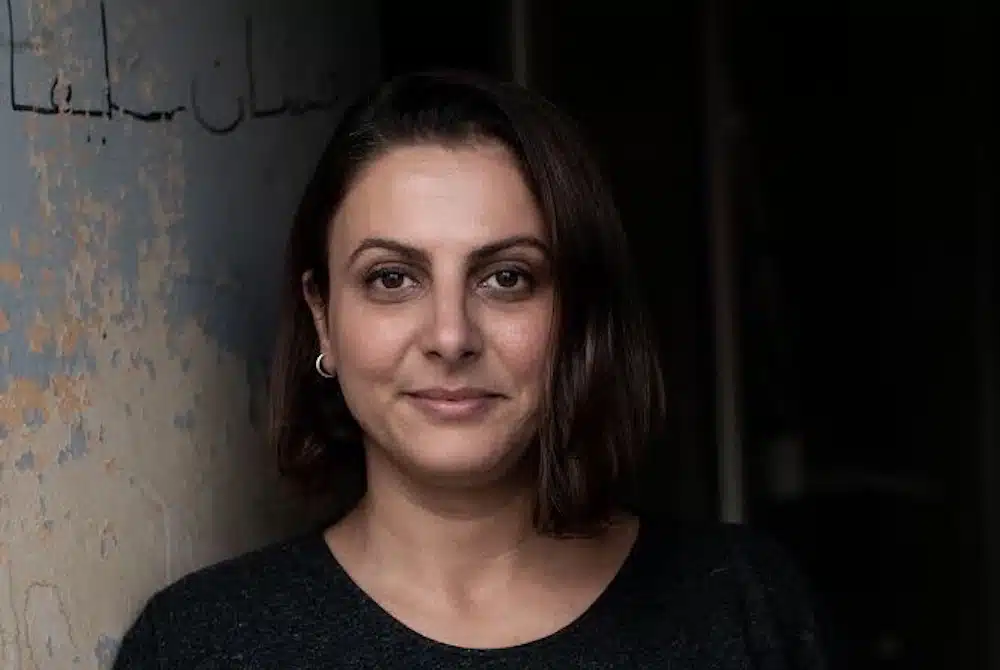
‘I’ve been very lucky. I survived death on many occasions. I’ve got no fear in me now. When you have come so close to death or when your family is in danger, you have died and so fear is irrelevant. Even now in unsafe situations, I think, ‘If I am meant to die then I will die’ but as far as I know I am here for a purpose.
Although I have lived in London since we were rescued 30 years ago, the continual plight of the Kurds remains close to my heart. In August 2014, I left my city job and decided to go back to Kurdistan, Northern Iraq. I joined a charity there and worked very closely on the frontline. When I came back I couldn’t leave what I had seen again. For me that was a deciding factor in wanting to be able to help the women and girls. They reminded me of my mother, grandmother and myself on my journey. In my life I’ve had a lot of people help me. I wanted to be able to build that bridge and provide the tools needed for women and girls who are impacted by conflict and displacement. That’s why I set up The Lotus Flower. Our centres are a safe haven for women and girls. We give them the tools to be able to start rebuilding their lives.
To someone facing a similar journey, I would say as bad as the situation may seem, stay strong, stay resilient. Hang in there. It’s going to get better. It’s really hard to believe when you’re in the situation but have faith.’
Nejat Salih
Nejat fled Eritrea aged just 14, embarking on an extraordinary and difficult journey across northern Africa and Israel. She eventually arrived in the UK where her journey to find safety and a home continued. Now she runs an established beauty business in South London.
‘Crossing the Mediterranean sea from Libya to Italy, it was life or death. 50/50. I was just praying. I had my son’s t-shirt with me; I just smelt that t-shirt and said ‘God if you are really with me you are going to make me survive this.
On my first year of opening my business I was ‘Top-rated’ on Treatwell. In Hebrew, Mazal means ‘Luck’. I feel very lucky to have survived all of this and be able to do this for myself and my son. I know people like me, my age, I know what happened to them when I was in Sinai and in Sudan.
Thinking of that journey, I feel really proud of myself. But I also feel really sad for me and for people like me and that we have to survive all this and still be judged or looked different at.
What kept me going was that there was no choice. There was no other option for me. I had to keep going. If you are running towards a cliff and someone is holding a gun behind you, you have to jump off the cliff – and just hope there is water below you.’
Alunicia Lepadatu
Alunica Lepadatu came to the UK to further her career in human rights advocacy. She now works for the Luton Roma Trust and the Roma Support Group, defending the rights of the Roma community in Britain.
‘The beginning was extremely difficult, emotionally and physically. I changed jobs and location many times, working in an airport, in hotels, in social work. Wherever I went I was met with hate speech, regularly being called an ‘immigrant’ and a ‘gypsy’. It was difficult but I survived. I am an immigrant, a gypsy, a Roma, it’s not something I’m hiding because this is true. If people call me those things in a negative way it’s because they don’t know me.
In the current climate, moving to this country is even more difficult and poses more challenges than when I arrived. Brexit, the pandemic, anti-migrant attitudes all make it much harder to feel welcome in the UK. Despite how difficult it might be, to anyone about to make the same journey I made, I would say, don’t be afraid. Yes, it will be difficult, the first step is always the hardest, but if you believe in yourself and you know it will be beneficial, then take that first step.
When I reflect on my journey now, I know it was worth it. Every beginning is difficult and many people have much harder beginnings than mine. I’ve now been living in the UK for five years and have fallen in love with it. I often travel home to see my family in Moldova, but now I feel like a stranger there. Whenever I go anywhere, I’m glad to return back to the UK, because here I’m home.’
Zino Onokaye-Akaka
Zino moved to the UK from Nigeria with her family aged just nine, in search of a better education but at first her status strongly affected her life in the UK. Now she doesn’t let it dictate who she is and wants to share her own story to change the conversation on migration.
‘It took me a while before being able to deal with my being a migrant. I went to a charity meeting and at the end, everybody shared their experiences as migrants. Someone shared a story that was so powerful that I thought, ‘I can’t believe this person is going through this, it’s so unfair’. From that moment on, I decided I couldn’t let my status dictate who I was.
I wanted to help everyone else in my situation. I am now working at On Road Media. We try to improve media coverage of groups that have been misrepresented. I am really excited about my future in this organisation because it allows me to bring my psychology education and personal experience together.
I only got my limited leave to remain status in 2016. It took so long. Having the support of my family helped me so much, we always had each other to rely on. Through my personal journey, I came to terms with who I was. Being a migrant is a big deal but it doesn’t mean much to me anymore. It’s just a part of who I am, a section of me, but I am much more than that. Over the years, I have been able to talk more about it and, if by sharing my story people can see migrants in a more human way, I think that it changes the conversation overall.’
Nour Jarrouj
Nour came to the UK as a masters student, after winning a scholarship for her civil activism during the Syrian war. She faced a lot of difficulties before settling in London but always remained determined. Now, she empowers refugee women by teaching them how to become confident cyclists and break free from social barriers.
‘I was one of the first women to cycle daily in Damascus and use my bike as a means of transportation. This is uncommon in Syria because girls don’t cycle too much, as our society objectifies women, and it is socially frowned upon for women to use a bike. But for me it was the best solution to get to university and my part-time job, because in Damascus during the war transportation costs were really high due to the fuel crisis. In 2014, in Syria, I joined an initiative with a couple of friends, and we pushed a lot more women to cycle. We became hundreds and then thousands, from all ages and different religious backgrounds. It was a gender revolution and a victory for Syrian women!
I became the project manager of a Pedal Power for The Bike Project, UK which aims to help refugee women to cycle and become confident enough to ride on the roads here in the UK. We are not just teaching them how to ride a bicycle, save money and be environmentally friendly, but also how to become independent, break social barriers and feel free and strong.
When I was growing up in Syria, I was made to believe by my society that I could not accomplish anything. But I remained determined because I was inspired by other achieving-women from my social circle. Such as mum and sisters. I want to be that role model for other younger girls as well. Even if you are from a developing country that doesn’t treat women with equality, your achievements and your independence will force any doubters to respect you!
Women can be very strong, smart and achieving, there’s nothing impossible for them. I want to teach girls to believe in themselves, and that nobody can stop them from pursuing their dreams.’
To read these and other powerful stories in full head to Human Journeys and follow @human_journeys on Instagram.

